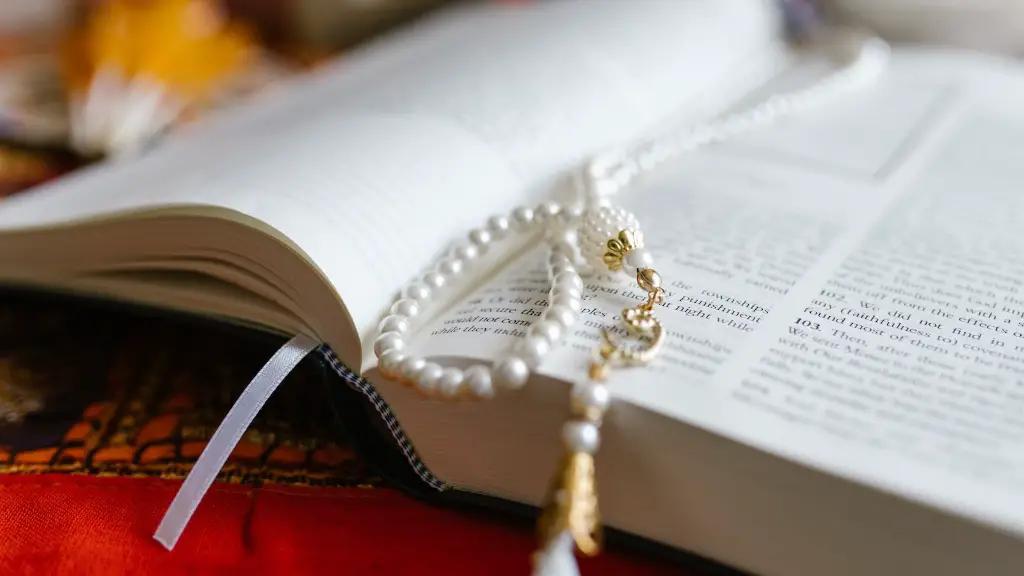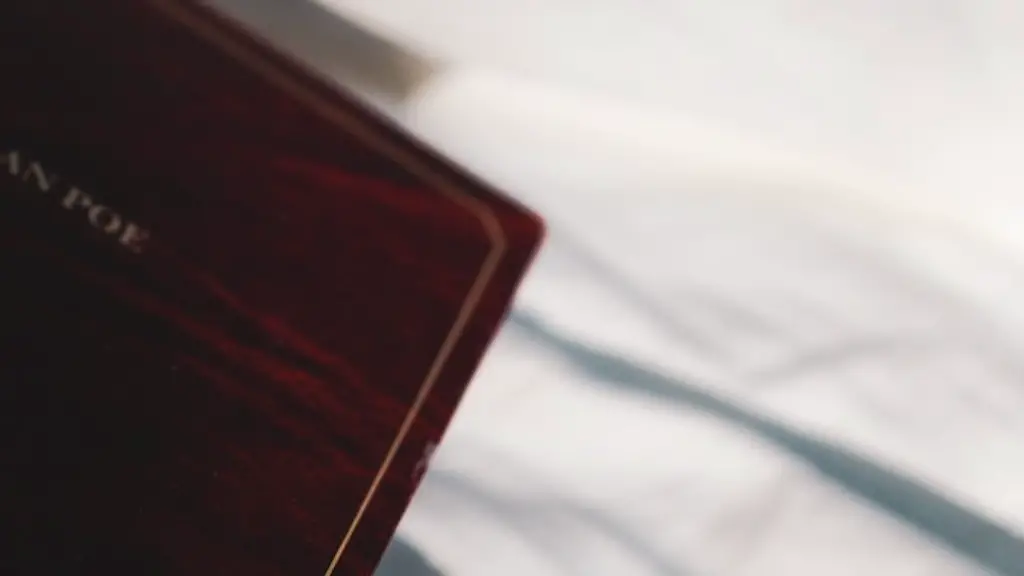Poetry is an art form that can be incredibly difficult to interpret, as it contains so many layers of meaning. One of the most important aspects of interpreting poetry is understanding the perspective of the poet, as this plays heavily into the interpretation of the poem. Perspective in poetry is a way to communicate a point of view from which the poem is written, as well as a way to create a unique and unique voice in the poem.
Perspective in poetry is often thought of as the ‘point-of-view’ of the poem, but it is actually much more. Perspective in poetry is the way in which the poet can create a unique context for the poem. By using perspective, a poet can evoke specific emotions or create a vivid atmosphere, as well as give the poem structure and meaning. Perspective in poetry can also bring a reader closer to the poet and make the poem more accessible to the reader.
There are many ways to explore perspective in poetry. A poet can create a unique voice by examining the language used and the structure of the poem. By examining the way the words are used and the position of each word within the poem, the poet can bring out the meaning behind the words. Additionally, a poet can explore different perspectives in the poem by using metaphors or imagery to create an intensified view of the poem.
The perspective of the poem can also be determined by the style of the poem, such as the tone and the type of language used. The use of irony or sarcasm can be used to communicate a particular point of view. Irony can create an element of humor within the poem, while sarcasm can provide a deeper understanding of the poem’s theme. By exploring the language used, a poet can develop a unique perspective in their poem.
In order to determine the perspective of a poem, it must be read multiple times. A poem can be read through once to get a sense of the poem’s overall meaning, then again to understand its individual elements. By paying close attention to the words used and the structure of the poem, the reader can discover the point-of-view of the poet.
Perspective in poetry is an incredibly important tool for poets, as it enables them to use their unique voice and to create a unique atmosphere for their poem. By understanding the perspective of the poem, a reader can gain insight into the ideas and feelings of the poet and interpret the poem in a more meaningful way.
Types of Perspective in Poetry
The perspective of a poem can be determined by looking at the types of language used and the way the poem is constructed. The following are some of the most common types of perspective in poetry:
- Metaphorical perspective: This type of perspective is often used by poets to explore complex themes. By using figurative language, a poet can explore the deeper meanings behind a poem.
- Narrative perspective: This type of perspective is used to tell a story, usually in a lyrical or poetic fashion. By telling a story from a single narrator’s point of view, the poet can create a strong sense of empathy and a powerful emotional response.
- Figurative perspective: This type of perspective is often used by poets to explore complex emotions and thoughts. By using figurative language, the poet can express their feelings and ideas in a more poetic and vivid way.
- Symbolic perspective: This type of perspective is often used by poets to explore abstract concepts. By using symbols, the poet can create a vivid picture in the reader’s mind of the deeper meaning behind the poem.
Examples of Perspective in Poetry
Understanding perspective in poetry is important for any reader, as it allows them to gain a deeper understanding of the poem. Some classic examples of perspective in poetry include:
- William Blake’s “The Tyger”: This poem uses a combination of figurative and narrative perspectives to explore themes of fear, faith, and strength. The poem is written from the perspective of a wondering narrator, and employs both metaphors and symbols to bring out the deeper meanings in the poem.
- T.S. Eliot’s “The Love Song of J. Alfred Prufrock”: This poem uses a figurative perspective to explore themes of isolation and alienation. The poem is written from the perspective of the titular character, and employs a range of imagery and symbols to express his feelings.
- Shakespeare’s “Sonnet 18”: This poem employs a lyrical perspective to explore themes of love, beauty, and mortality. The poem is written from the perspective of the speaker, and employs a range of metaphors and symbols to express his feelings about the subject.
The Significance of Perspective in Poetry
The importance of perspective in poetry cannot be overstated. Perspective allows poets to convey meaning in a unique and powerful way, as well as to create vivid atmospheres and evoke powerful emotions from the reader. Additionally, perspective in poetry can help to provide insights into the inner life of the poet, as well as providing readers with a deeper understanding of the poem.
Perspective in poetry can also help readers to better understand the poem and the deeper meanings behind it. By examining the language and structure of the poem, as well as the perspective of the poet, readers can gain a better understanding of what the poem is trying to communicate.
Furthermore, perspective in poetry can help to create an emotional bond between the poet and the reader. By exploring the perspective of the poet, the reader can gain a greater appreciation for the poem and the intentions of the poet. This can lead to a greater understanding and appreciation of the poem, as well as creating a connection between the reader and the poem.
Conclusion
Perspective in poetry is an essential component of interpreting poetry, as it can provide insights into the deeper meanings and emotions behind the poem. Understanding the perspective of a poem can help to create a powerful and meaningful experience for the reader, as they can gain insight into the inner life of the poet. By examining the language and structure of the poem, as well as the perspective of the poet, readers can gain a better understanding of what the poem is trying to communicate.



